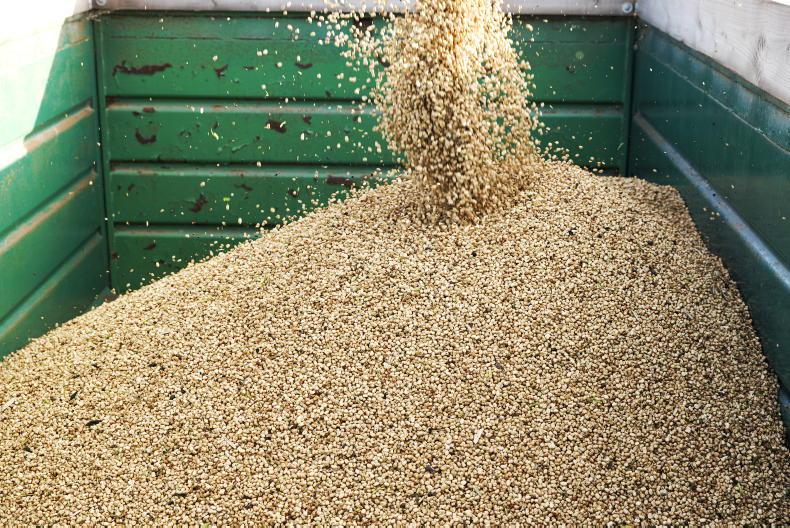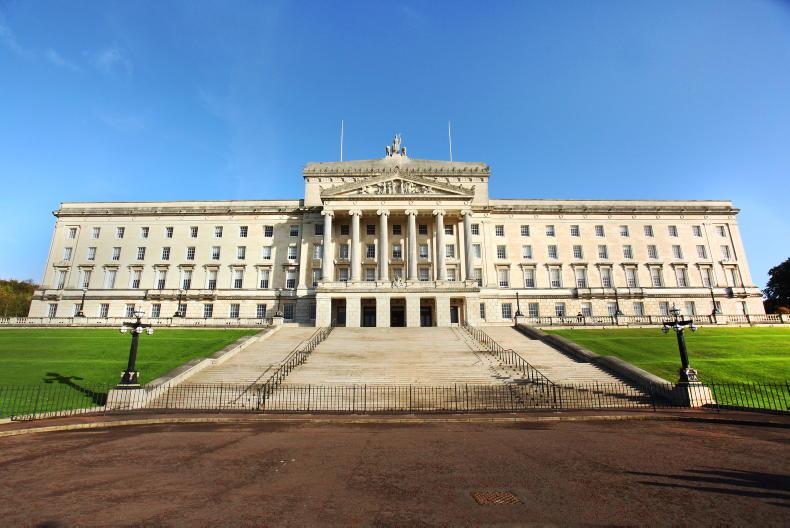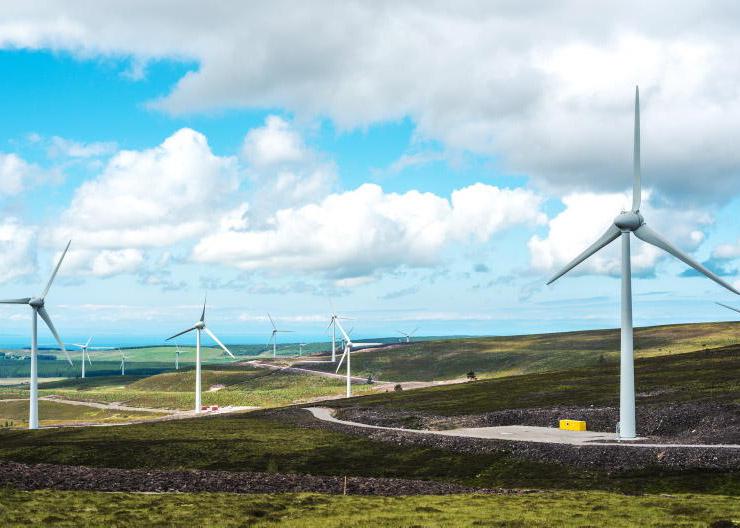President Michael D. Higgins has signed the climate action bill into law and work is ongoing by the Climate Change Advisory Council (CCAC) towards recommending a national carbon reduction for the country to the Government, consistent with the provisions of the Act.
Sectoral targets will subsequently be decided by the Government and are expected to be announced in “early autumn” according to Minister for Climate Eamon Ryan who described the passing of the legislation as a “landmark”.
The overall national target was originally expected to be recommended to Government by the CCAC in mid-July, with carbon budgets then to be set for each Government department.
A spokesperson for the CCAC told the Irish Farmers Journal said the late amendments to the bill, which included an amendment to ensure that carbon sequestration on farms would be taken into account, had implications for the CCAC’s work, methodology and the timeline.
She pointed to the Government’s development of regulations for determining the accounting of greenhouse gas emissions, in particular.
“Therefore, the carbon budgets cannot be recommended by the council before the finalisation of the regulations as proposed in the act,” she said.
The bill sets into place legally binding targets to reduce emissions by 51% by 2030 and overall net zero emissions by 2050.
With the agriculture and transport sectors combined making up roughly half of all Irish greenhouse gas emissions, they are expected to face the toughest scrutiny in terms of reducing emissions.
The CCAC will submit recommended climate targets, which will then be approved by the Government with the minister of each department responsible for emissions reductions in their sector.
Annual emissions reductions of 7% per annum will start being counted from 2021.
Drought
Targets will be based on emissions from 2018, which some in the agriculture sector feel will have a negative impact on the sector given the year of drought and resulting knock-on effect on increased meal feeding due to grass shortages.
Teagasc has previously said that emissions can be reduced by up to 15% by 2030 if all actions under its MACC are adopted by farmers.










SHARING OPTIONS